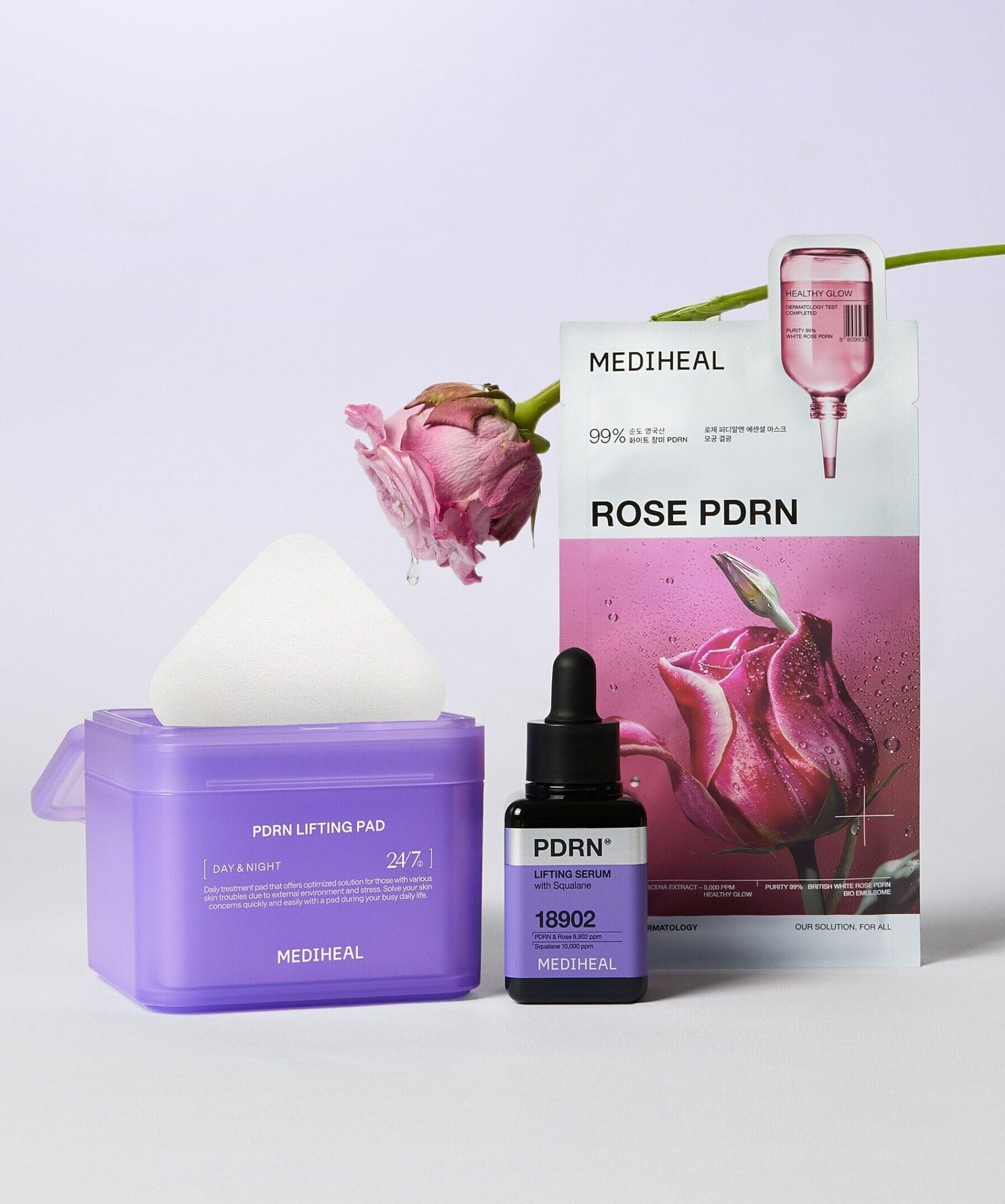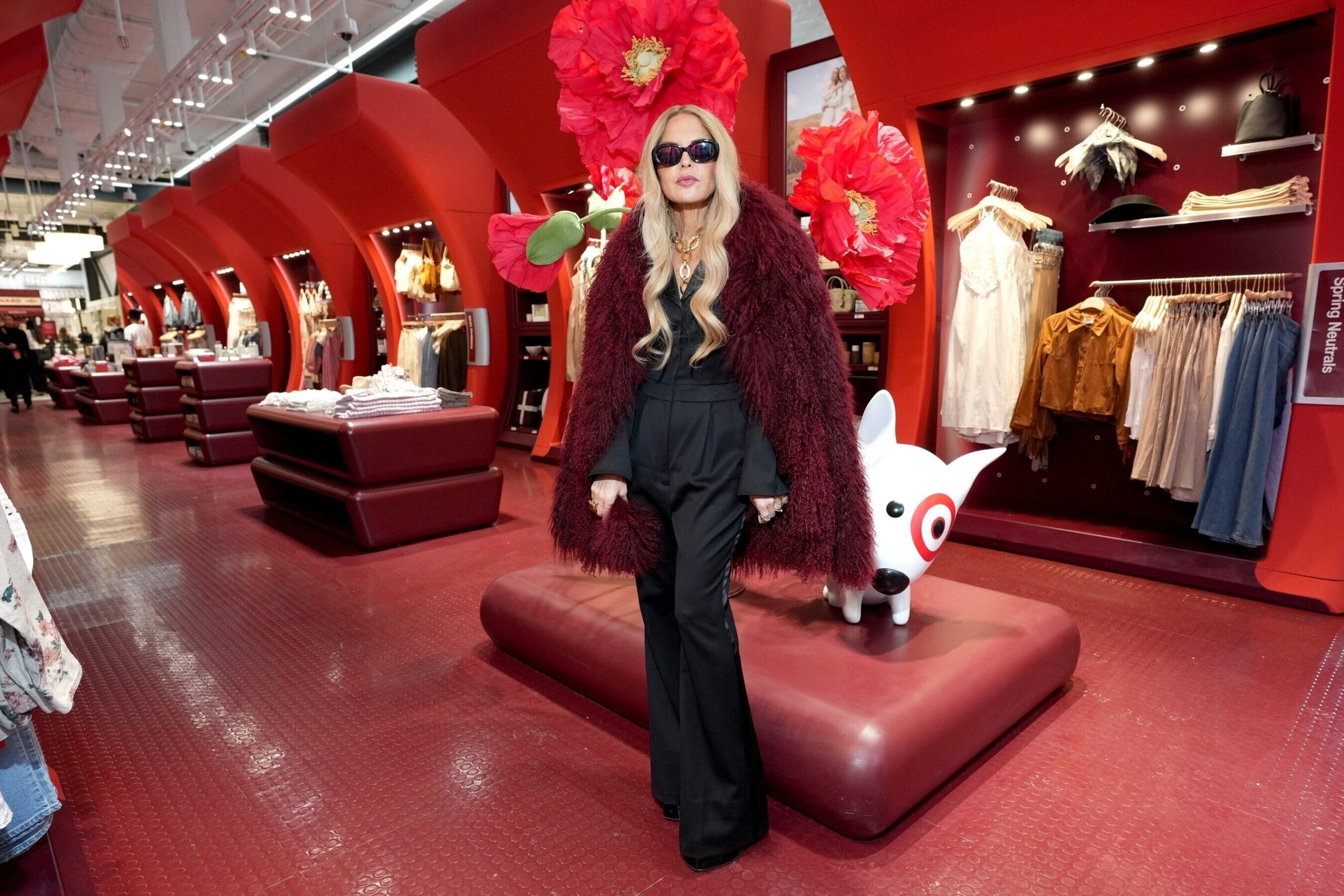The way people engage with luxury goods is changing fast. The luxury consignment market is experiencing an unprecedented transformation, with recent industry developments signaling a dramatic shift in how consumers buy and sell high-end goods.
With the U.S. luxury resale market valued at $8.65 billion in 2024 and projected to reach $13.04 billion by 2030, the consignment business model has become the driving force behind this explosive growth.
Understanding the Luxury Consignment Business Model
Luxury consignment works differently from traditional retail or direct selling. In this model, consignment stores or digital platforms act as intermediaries, selling pre-owned luxury items for their owners (consignors) and collecting a commission from the final sale price.
Designer consignment refers to the process of selling or buying pre-owned luxury items through a trusted intermediary, often a consignment store or platform, creating a solution that benefits both sellers and buyers.
Here’s how the process unfolds: sellers keep ownership of their luxury items until they sell, and the consignment platform handles authentication, photography, pricing, promotion, and all sales logistics. After a sale, the original owner receives the majority of the sale price, minus a commission that varies by platform and item type, which is a typical structure for businesses in the luxury consignment industry.
Recent Press Release Unveils Major Industry Moves
There’s been a flurry of activity in luxury consignment this year. In February, myGemma launched a new consignment service, expanding from their direct-selling roots.
myGemma CEO Andrew Brown discussed this development:
“We are firmly committed to raising the bar of luxury resale and excited to expand our luxury selling services. Our consignment offering, alongside our direct selling option, is designed to help our customers sell their designer goods in whichever way is most practical and beneficial to them, ”said Andrew.
In June 2025, the landscape changed further when Rebag announced its collaboration with Luxury Stores at Amazon.
Charles Gorra, CEO and founder of Rebag, remarked:
“Rebag is thrilled to work with Luxury Stores at Amazon and to redefine how customers shop for pre-owned luxury. This collaboration enables us to connect with a broader audience and meet the growing demand for sustainable luxury fashion in a way that’s convenient and trustworthy.”
remarked Charles.
The Economics Behind Consignment Success
The financial advantages of consignment over direct selling have become more apparent. Consignment typically yields higher returns for sellers compared to direct sales. Even with a commission fee, consignment can actually be more profitable than selling online: You avoid pricing mistakes or undervaluing your pieces, according to advice from the luxury resale industry.
Consignment vs. Direct Selling: The Key Differences
Choosing between consignment and direct selling depends on your priorities, whether that’s getting paid as quickly as possible or maximizing the amount you receive. Direct selling typically allows for a fast and simple process, with payment usually provided soon after an offer is accepted. By contrast, consignment can offer higher financial returns and expert promotional support, but sellers may need to wait longer for their items to sell, sometimes several weeks or months, depending on demand and platform.
Technology and Authentication Building Trust
Trust and authentication stand at the heart of luxury consignment. The RealReal recently partnered with EON to implement digital IDs for enhanced transparency.
Rati Sahi Levesque, President and COO of The RealReal, described this mission:
“Our mission at The RealReal is not only to extend the life of luxury items, but also to remove friction in the consignment process as much as possible.”
said Rati.
The Future of Luxury Consignment
The global resale demand is projected to reach $367 billion by 2029, making partnerships among top retailers and consignment platforms more important than ever. According to a report by Bain & Company, the luxury resale market is expected to grow five times faster than the luxury market as a whole by 2025.
The luxury consignment market is not just shifting; it is redefining how luxury goods circulate, offering greater value for buyers and sellers while encouraging more sustainable consumption.


















